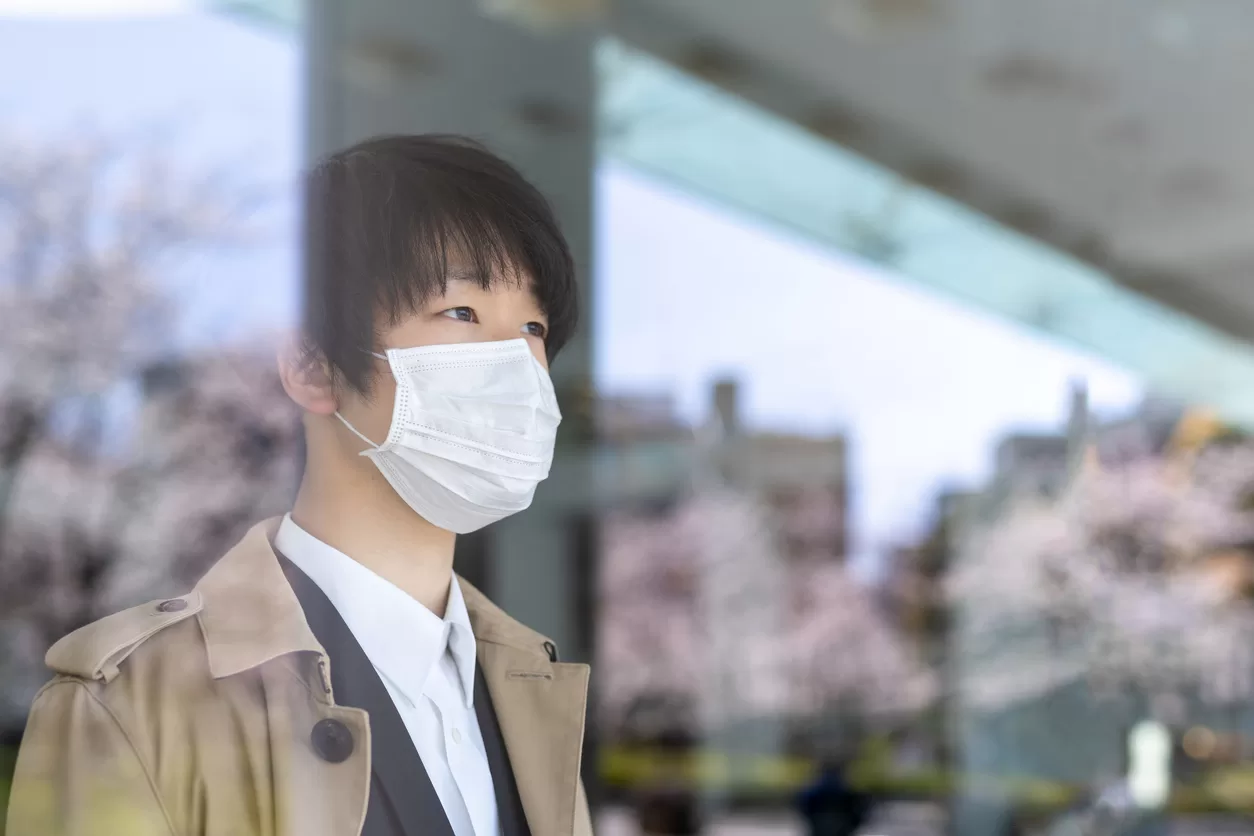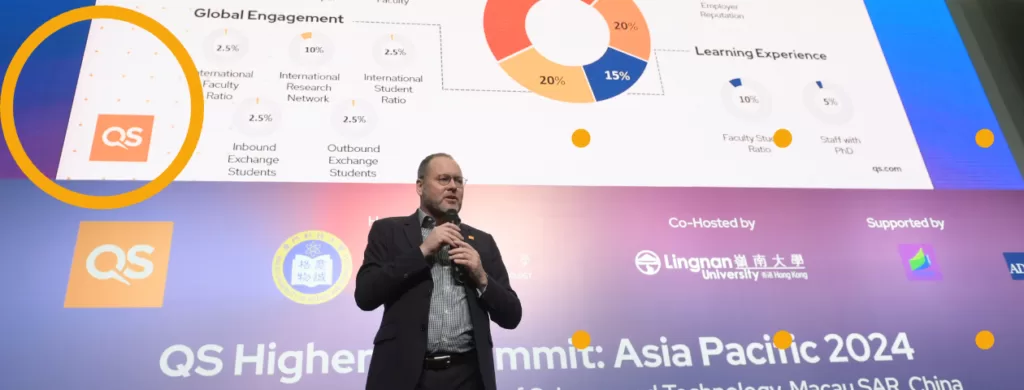
Our December coronavirus report investigates the true impact of the pandemic on international higher education over the last two years. Read on for an exclusive look at our research:
Our latest, and most in-depth, coronavirus report is now live and available to download for free now!
The report, ‘How the coronavirus pandemic reshaped international higher education’ offers trend analysis and expert insights on the impact of COVID-19 on the sector.
Here’s a taste of what the report has to offer:
The greatest barrier to international study is…
Our report reveals that, because of the coronavirus pandemic, several factors continue to act as barriers for those students wishing to study abroad; in turn, forcing these students to defer or delay their plans.
In 2021, there was a shift in how these barriers were perceived by prospective international students. As of September-October 2021, the greatest obstacles preventing students from travelling to their chosen study destination were the legal restrictions such as border closures. This proportion increased significantly from the 27% seen a year earlier and reflects the desire by students to return to overseas study, even as COVID-19 continues to remain a concern.
New Zealand handed the coronavirus the best but…
Throughout the coronavirus pandemic, the largest proportion of prospective international students repeatedly identified New Zealand as being the country that managed the coronavirus the best. The biggest difference in perceptions was seen at the beginning of 2021, when 39% of prospective international students felt New Zealand handled COVID-19 the best compared with 10% who selected China, 9% Australia and 5% Canada.
However, in recent months, the appeal of New Zealand as a study abroad destination dropped. At the start of 2021, 36% of respondents said that New Zealand was becoming more welcoming to international students yet by the end of the year, this proportion fell to 27%. While not a vast shift, it may reflect prospective international students’ changing perceptions of the country’s strict lockdowns and travel restrictions. While these restrictions originally helped to reduce cases in the country to levels not seen in many others, it may be that the severity of these restrictions are now beginning to reduce the country’s appeal as a welcoming place for international students.
Students want the vaccination but…
The rate of vaccination hesitancy among prospective international students remained low throughout the coronavirus pandemic, yet this year, there was still a noticeable and promising increase in the proportion of students willing to taking the vaccine; 62% in early 2021 compared with 86% as the year ends.
However, our research also revealed that willingness to receive the vaccine is not enough to ensure all international students across the globe are vaccinated. Through open-ended responses, prospective international students shared with us the obstacles that were preventing them from gaining access to a vaccination in the first place, such as slower vaccine rollouts or limited access for young people in their home country.
Since the pandemic began, QS has released monthly coronavirus reports to track the thoughts and plans of prospective international students as they respond to the evolving coronavirus situation.
Our survey of prospective international students has been running since February 2020 and has now amassed more than 115,000 responses from 194 countries and territories.
This December’s report reflects on the last two years and investigates how the perceptions and plans of prospective international students have changed over time.
It also features interviews with higher education experts that discuss how the sector has adapted to the obstacles it has faced and what the future might hold.
If you have enjoyed these insights and want to learn more about how higher education institutions and prospective international students have been adapting over the last two years, download our end-of- year report for free now: ‘How the coronavirus pandemic reshaped international higher education’.



